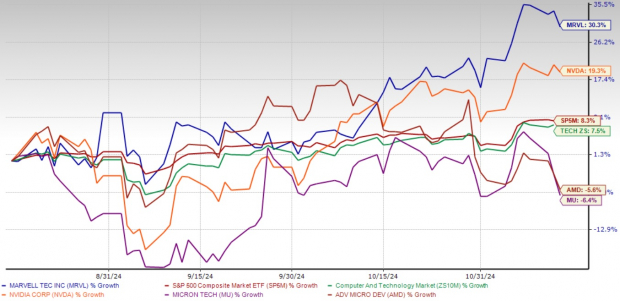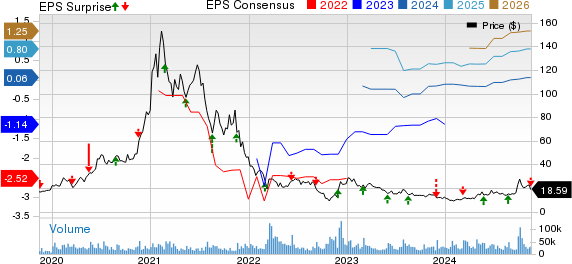A recent federal court ruling has sent shockwaves through the cryptocurrency world. In a significant win for the Securities and Exchange Commission (SEC), Judge Tana Lin declared that secondary-market transactions involving specific cryptocurrencies violated securities laws. What makes this ruling all the more intriguing is that it was a default judgment – the defendant failed to appear, and there was no opposition to the SEC’s motion.
A Game-Changing Verdict
Judge Tana Lin, presiding over the U.S. District Court for the Western District of Washington, determined that Sameer Ramani had breached federal securities regulations by leveraging insider information to trade cryptocurrencies anticipated to be listed on Coinbase.
Significance of the Ruling
This ruling could have far-reaching implications for the SEC’s ongoing cases against major cryptocurrency exchanges such as Coinbase, Binance/Binance.US, and Kraken. While a default judgment may carry less weight compared to a verdict following a thorough trial, it represents an authoritative decision by a federal judge within a circuit that has seen its fair share of crypto-related litigations.
Deciphering the Verdict
The case traces back to 2022 when the Department of Justice accused former Coinbase product manager Ishan Wahi, along with his brother Nikhil and Ramani, of wire fraud and insider trading. It was revealed that Ishan would disclose confidential information about Coinbase’s upcoming asset listings to his brother and Ramani, who would then trade on that information.
The SEC emerged victorious in its pursuit of a default judgment against Ramani, who chose not to contest the charges. While various groups had submitted briefs earlier in the case, none opposed the SEC’s push for a default ruling.
Referring to the Howey Test – a crucial precedent in assessing securities – Judge Lin validated the SEC’s claims by illustrating how the case satisfied the conditions laid out in the test. She justified her conclusions by citing prior SEC litigations against LBRY and Terraform Labs.
The Verdict’s Aftermath
Of note, the ruling’s ramifications extended to secondary-market sales, a point emphasized by Judge Lin. The SEC promptly cited this ruling in its ongoing legal battles with Binance.US and Coinbase, highlighting the relevance of secondary market transactions.
In response, the SEC expressed satisfaction with the district court’s decision, affirming its commitment to enforcing securities laws, especially concerning cryptocurrency transactions in secondary markets.



